I know, I know, you’re sick of reading articles about Coronavirus, how to respond to it, and what happens after it. But let’s face it, whether we like it or not, that is our current reality. And might be reality for…well…awhile.
And when this crazy, unprecedented time is all over, I hope that the pieces we all remember and hold on to are the silver linings, the bright spots of hope and humanity, despite the darkness. The daily cheers for the healthcare workers risking their lives to keep us safe, the milestones celebrated with loved ones near and far over Zoom, the laughter on a call with a coworker, the empathy, compassion, and understanding of a vendor or customer.
We’re all just trying to get through this alive (and yes, I do mean that both literally and figuratively). But how do we do that? There are countless articles out there on work from home tips, at-home workout routines, guides for keeping yourself mentally and emotionally healthy, and on and on, so I’ll spare you my recommendations there.
But what about at work? How do any of us, especially those in Customer Success, balance the reality of the situation around us while still holding up our end of the bargain in our role and with the company we work for? How do CS leaders empower their teams to do right by both company and customer? How do Customer Success Managers (CSMs) acknowledge that customers may be struggling right now, physically, financially, or otherwise?
The answer is empathy.
Having empathy for your customers now will lead to loyalty from them later.
Sure, there will be exceptions to this cliché, but truly, overwhelmingly, it always has been, and will continue to be true. This mindset applies to thinking about employees and customers alike, and companies who practice it are sure to come out the other end of coronavirus stronger than those who don’t.
Put yourself in your customer’s shoes
CSMs, envision yourself in your customer’s circumstances. Regardless of where they are in the customer journey, listen to them and do your best to truly understand whatever it is that they’re going through. CS leaders, do the same with both your customers and your team members. Then, and only then, can you try to figure out how to help them get through this.
Major companies like Adobe and Nike have pushed full-scale ‘empathy first’ programs into the market, with free or discounted service offerings to help meet their customers’ needs. Companies of all sizes should be acting as empathetically as possible right now, especially because B2B companies are not exactly known for providing the excellent customer experience that you may associate with empathy.
Oracle has reported that only 1% of buyers feel that vendors consistently meet their expectations. (Yes, you read that right, I said one percent). So clearly there is room for improvement here.
But in some regards, perhaps even more important than the behavior of entire companies as a whole, is the behavior of the individuals within those companies who are directly interacting with customers. Yes, Sales Reps and CSMs, I mean you.
Be like this CSM
I met with our new CSM at HubSpot a few weeks ago, shortly after stay at home orders had been issued in most states around the country. We hadn’t met before, but we jumped on a Zoom meeting as scheduled. This CSM was a perfect example of leading with empathy during difficult times; before getting to any specific business or tool-specific topics that we had intended to cover during our meeting, she took the time to ask me how I was doing.
And not only did she ask, but she actually listened to my response and incorporated it into the more topical portions of our conversation when we got there. Our CSM asked how my team and company was being impacted. She asked how this had changed my priorities in both the short- and long-term. She listened to me before making any recommendations or going about her regular routine.
CSMs – be like this CSM! You may check the box on our 10 traits of an awesome CSM, but right now, if you’re not infusing empathy into everything you do, then all the rest of your work (and your awesomeness) may be in vain.
The loyalty part of the equation
Now, to be clear, I never had any intention of cutting our HubSpot subscription in the story I shared, coronavirus or not. I absolutely love the platform and told our CSM as much. I was already a loyal customer, and this 30-minute conversation only bolstered that.
Imagine a similar scenario where a customer’s health is yellow or even red, rather than green like mine was. Could an empathetic ear, followed by insightful conversation and clear next steps move that yellow or red up to green?
Possibly.
Maybe that customer doesn’t immediately turn to green, maybe they stay yellow. But after a few more similar meetings, or six months from now when renewal time comes, do you think that customer will remember a conversation like that; a bright spot among many dark days?
Probably.
And do you think that the memory of that conversation will influence that customer’s loyalty to you and your company?
Absolutely.
Now, you may be saying “wait a second, just because a CSM was empathetic during a crisis does not automatically mean that a customer will renew”. And you would be absolutely correct. A positive CSM interaction is not the only factor considered when it comes to making a renewal decision, especially when many budgets are tight as they are now.
It’s not the only factor, but it is one of the few things that you as a CSM can actually control.
So control what you can. And lead with empathy.

